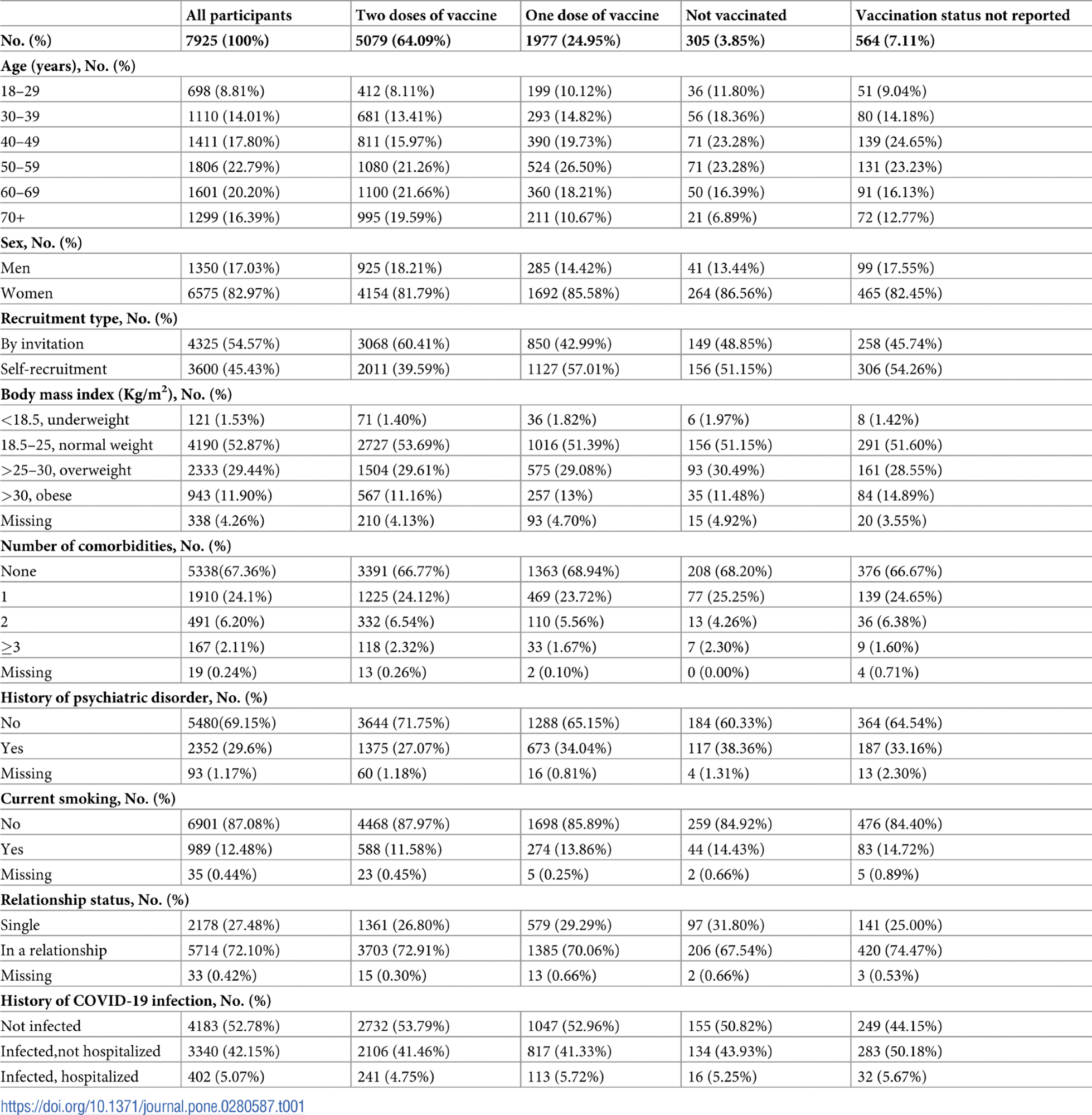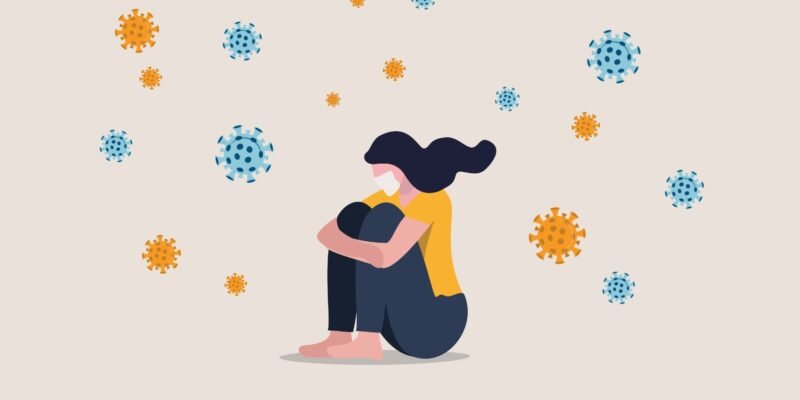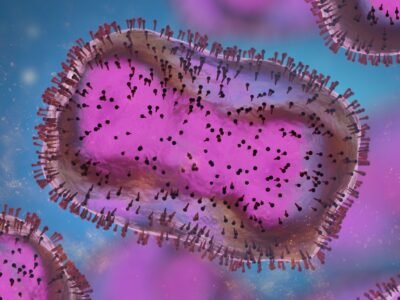A recent study on Swedish adults explored the prevalence of mental health symptoms before and after immunization with coronavirus disease 2019 (COVID-19) vaccines. The study is published in the journal PLOS ONE.
Study: Short-term improvement of mental health after a COVID-19 vaccination. Image Credit: eamesBot / Shutterstock
Background
The COVID-19 pandemic caused by severe acute respiratory syndrome coronavirus 2 (SARS-CoV-2) has substantially negatively impacted the mental health status of both infected and non-infected individuals globally. An increased risk of developing psychiatric disorders, including depression and anxiety, has been observed among severely infected individuals, probably because of SARS-CoV-2-induced neuroinflammation.
Apart from direct infection, pandemic-related social restrictions as well as the fear of contracting infection, have caused a deterioration in mental health among non-infected individuals.
COVID-19 vaccines have led to a significant reduction in cases and severity of the disease worldwide. However, the impact of vaccination on mental health and wellbeing remains poorly understood.
In the current study, scientists have determined the short-term changes in mental health symptoms among individuals immunized with COVID-19 vaccines.
Study design
The study was conducted on 7,925 Swedish adults. Self-reported COVID-19 vaccination status was collected from the participants between July and October 2021. Self-reported depressive and anxiety symptoms were collected from the participants between December 2020 and October 2021.
The prevalence of mental health symptoms was estimated one month before and after the first vaccination and in some cases, one month after the second vaccination. The depressive and anxiety symptoms were estimated using the Patient Health Questionnaire and the Generalized Anxiety Disorder, respectively. The participants reporting no vaccination or chose not to report vaccination status were considered unvaccinated.
Important observations
Among enrolled participants, 64% received two vaccine doses, 24.9% received a single dose, 3.8% did not receive any vaccination, and 7.1% chose not to report vaccination status.
A lower prevalence of depressive and anxiety symptoms was observed among vaccinated participants, especially after the second vaccination, compared to unvaccinated individuals.
Among participants with two-dose vaccination, a reduction in mental health symptoms was observed one month after the first and second vaccination. A similar trend was observed among participants who received only a single dose of COVID-19 vaccines.
No significant reduction in depressive or anxiety symptoms was observed among unvaccinated participants over the entire study period. However, after four months, the baseline estimates showed a reduction in the prevalence of depressive symptoms when compared to those obtained at baseline.
 Baseline characteristics of the study participants by vaccination status.
Baseline characteristics of the study participants by vaccination status.
Study significance
The study demonstrates a short-term improvement in the prevalence of depressive and anxiety symptoms after COVID-19 vaccination among a large number of Swedish adults. The improvement becomes more prominent after the second vaccination, irrespective of age, sex, body mass index, relationship status, smoking habit, presence of comorbidities, history of psychiatric disorders, and SARS-CoV-2 infection status.
As mentioned by the scientists, the study may suffer from selection bias as the participants were recruited from ongoing studies or social media campaigns. Thus, the participants might have different statuses regarding COVID-19 vaccination and mental health outcomes.
Moreover, the study analyzed self-reported information on vaccination and mental health status, which can lead to misclassification of exposure and outcomes. Socioeconomic differences between participants were not addressed in the study. However, such differences can influence individual willingness to COVID-19 vaccination as well as mental disorders.
Despite these limitations, the study highlights that COVID-19 vaccines are not only effective in reducing disease severity but also effective in improving mental health and wellbeing. The study supports the initiation of outreach campaigns targeting vaccine-hesitant individuals for the overall betterment of the mental health status of the general population.











